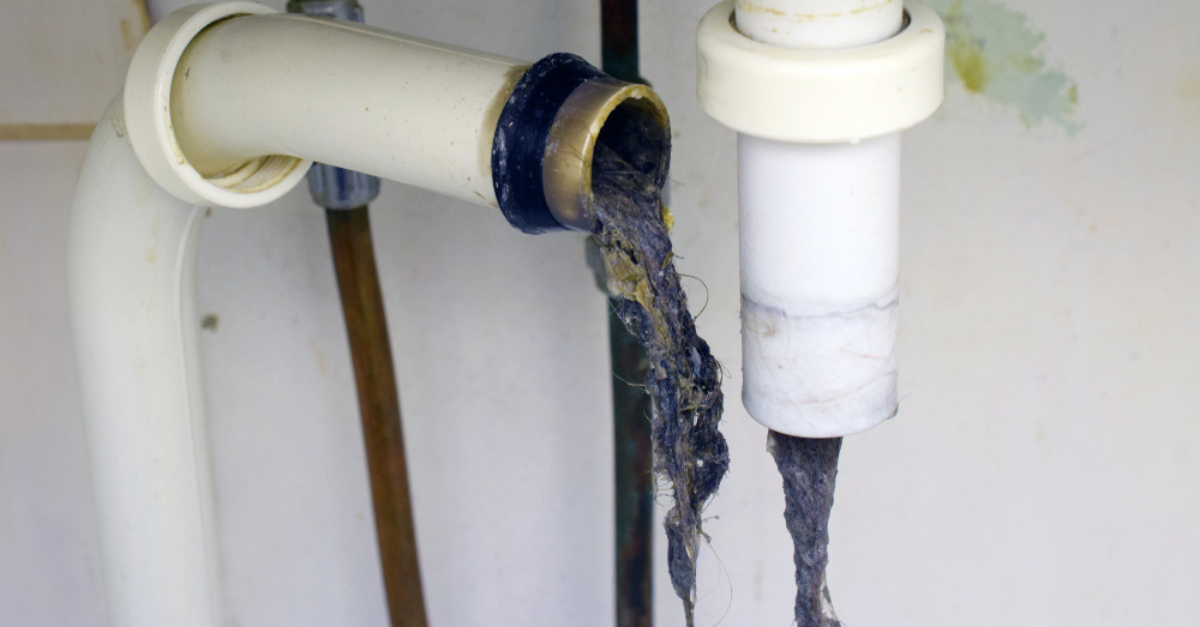Understanding Home-Based Envelope Stuffing: What to Know About This Type of Remote Work
Many people explore envelope stuffing as a home-based option that may offer flexible hours and manageable tasks. While experiences vary, some individuals consider this type of work for its simplicity and remote nature. Learn what to expect and how others approach these opportunities. Discover more in this article.

What exactly are home-based envelope stuffing jobs?
Home-based envelope stuffing jobs are typically advertised as opportunities where companies pay you to stuff promotional materials, brochures, or other documents into envelopes from home. The concept seems straightforward—receive materials, stuff envelopes, mail them out, and get paid per envelope completed. Historically, these jobs emerged before digital marketing became prevalent, when direct mail campaigns were a primary marketing strategy for businesses. Companies would outsource the labor-intensive task of preparing mailers to individuals working from home.
Today, however, most legitimate businesses use automated systems for large-scale mailings. Modern envelope stuffing machines can process thousands of envelopes per hour, making manual stuffing financially impractical for most legitimate marketing campaigns. This technological shift has significantly reduced the genuine demand for home-based envelope stuffers in the legitimate business world.
The truth about envelope stuffing jobs
The Federal Trade Commission (FTC) has consistently identified envelope stuffing schemes as common work-from-home scams. The harsh reality is that most advertised envelope stuffing opportunities are misleading or fraudulent. These schemes typically require upfront payments for “starter kits” or registration fees, promising substantial earnings that rarely materialize.
The business model behind many of these operations is deceptive: after paying the initial fee, participants often discover they’re expected to recruit others into the same program rather than actually stuffing envelopes for pay. This structure resembles a pyramid scheme, where early participants can only profit by recruiting new people who also pay fees. Eventually, such systems collapse when no new recruits can be found.
Some envelope stuffing “opportunities” also operate through a bait-and-switch approach. After paying to join, participants receive instructions to place the same advertisements that attracted them, essentially perpetuating the scheme rather than providing actual paid work.
How to find a real work-from-home job
Instead of pursuing envelope stuffing opportunities, job seekers interested in legitimate remote work should explore verified alternatives:
-
Remote customer service positions with established companies like Amazon, American Express, or Apple
-
Virtual assistant roles through platforms like Upwork, Fiverr, or dedicated VA agencies
-
Data entry positions with medical facilities, insurance companies, or government contractors
-
Online tutoring through reputable education platforms like VIPKid or Tutor.com
-
Content creation, transcription, or editing work with established media companies
When searching for legitimate remote jobs, use trusted job boards like FlexJobs, Remote.co, or Indeed’s remote job filters. Research potential employers thoroughly by checking reviews on sites like Glassdoor and verifying company information through Better Business Bureau listings or LinkedIn profiles.
Legitimate remote positions typically don’t require upfront payments, involve a formal application process, and provide clear job descriptions with specific responsibilities and qualifications.
Protecting yourself from online job fraud
To avoid falling victim to work-from-home scams, follow these protective measures:
Research extensively before engaging with any opportunity. Look for company reviews, check their business registration, and search for complaints filed with consumer protection agencies. Be particularly cautious of opportunities with no verifiable company information or physical address.
Watch for common red flags: promises of high earnings for minimal effort, requirements for upfront payments, vague job descriptions, unprofessional communication, or pressure tactics to sign up quickly.
Never provide sensitive personal information like your Social Security number or banking details until you’ve verified the legitimacy of the employer. Use secure payment methods if you must make any job-related purchases, and keep documentation of all communications and transactions.
Report suspicious opportunities to the FTC, your state’s consumer protection office, or the Internet Crime Complaint Center (IC3) if you encounter potential scams. This helps protect others from falling victim to the same schemes.
Legitimate alternatives to envelope stuffing jobs
While traditional envelope stuffing jobs are rarely legitimate, several similar remote opportunities offer comparable benefits with greater reliability:
| Alternative | Average Pay Range | Skills Required | Legitimacy Indicators |
|---|---|---|---|
| Mail Assembly | $10-15/hour | Attention to detail, basic computer skills | W-2 employment, established company |
| Direct Mail Support | $12-18/hour | Organization, time management | Formal interview process, company verification |
| Print Production Assistant | $14-20/hour | Technical knowledge, equipment operation | Industry-standard training, equipment provided |
| Administrative Support | $13-17/hour | Communication skills, software proficiency | Clear job description, regular hours |
Prices, rates, or cost estimates mentioned in this article are based on the latest available information but may change over time. Independent research is advised before making financial decisions.
When considering these alternatives, look for positions with established businesses that handle direct mail campaigns legitimately. These companies typically have physical locations, verifiable business histories, and formal employment processes rather than requiring you to pay for materials or “opportunities.”
Recognizing legitimate stuffing envelopes at home jobs
In the rare instances where legitimate envelope stuffing opportunities exist, they typically share several characteristics that distinguish them from scams:
They come from established businesses with verifiable physical addresses and business registrations. The company will have a professional website, active social media presence, and contact information that connects to real representatives.
Legitimate opportunities provide actual employment (W-2) or contractor agreements (1099) with clear compensation terms, work expectations, and payment schedules. They don’t require upfront investments from workers for “starter kits” or registration fees.
Before accepting any envelope stuffing position, request detailed information about the work process, payment structure, and company background. Verify this information independently through business registries, the Better Business Bureau, or other reliable sources.
While genuine envelope stuffing jobs are exceedingly rare in today’s digital economy, focusing on developing relevant skills for legitimate remote positions will yield better long-term career results and protect you from potential scams.




